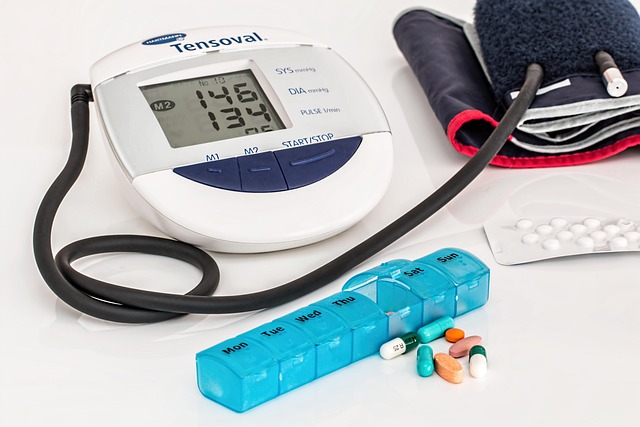Understanding Autoimmune Disease Symptoms and Early Warning Signs
Learn to recognize common autoimmune disease symptoms, which can include fatigue, joint pain, skin rashes, and digestive issues. Early awareness helps with timely diagnosis and management, allowing individuals to seek appropriate care and better maintain their overall health.

Common Early Warning Signs of Autoimmune Disease
Fatigue and persistent tiredness are frequently reported early symptoms of autoimmune conditions. Many individuals experience unexplained exhaustion that doesn’t improve with rest, often accompanied by muscle weakness. Joint pain, swelling, and stiffness, particularly in the morning, may also indicate an autoimmune response. These symptoms can affect multiple joints and may come and go in periods of flares and remission.
Recognizing Systemic Autoimmune Symptoms
Systemic symptoms often affect multiple parts of the body simultaneously. Common indicators include recurring low-grade fever, skin rashes, and unexpected weight changes. Digestive issues, such as abdominal pain, bloating, or changes in bowel habits, frequently occur in various autoimmune conditions. Additionally, many people experience dry eyes, mouth sensitivity, and recurring infections due to immune system dysfunction.
How to Identify Specific Autoimmune Patterns
Different autoimmune diseases present distinct symptom patterns. For example, rheumatoid arthritis primarily affects joints, while lupus may cause butterfly-shaped rashes across the face. Multiple sclerosis often presents with vision problems and muscle coordination issues. Type 1 diabetes typically shows through increased thirst, frequent urination, and unexplained weight loss. Hair loss, skin changes, and nail problems can indicate several autoimmune conditions.
When to Seek Medical Evaluation
Individuals should consult healthcare providers when experiencing persistent symptoms lasting more than six weeks, especially if they affect daily activities. Multiple symptoms occurring simultaneously, family history of autoimmune disorders, or symptoms that worsen over time warrant medical attention. Early diagnosis often leads to better management of autoimmune conditions through appropriate treatment protocols.
Understanding Diagnostic Approaches
Diagnosing autoimmune diseases typically involves multiple steps and tests. Blood tests can detect specific antibodies and inflammation markers. Physical examinations, imaging studies, and tissue biopsies may be necessary depending on symptoms. Healthcare providers often work with specialists to determine exact diagnoses, as many autoimmune conditions share similar symptoms.
Treatment and Management Options
Treatment approaches vary based on specific conditions but often include medications to suppress or modify immune system response. Anti-inflammatory drugs, corticosteroids, and immunosuppressive medications are commonly prescribed. Lifestyle modifications, including stress management, regular exercise, and dietary changes, play important roles in managing symptoms.
This article is for informational purposes only and should not be considered medical advice. Please consult a qualified healthcare professional for personalized guidance and treatment.




